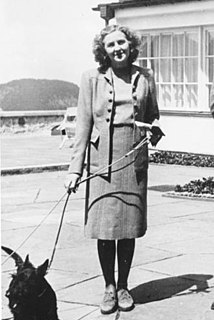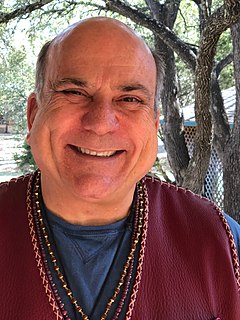A Quote by Francis Bacon
Life, an age to the miserable, and a moment to the happy.
Related Quotes
A happy but miserable state in which man finds himself from time to time; sometimes he believes he is happy by loving, then suddenly he finds how miserable he is. It is all joy, it sweetens life, but it does not last. It comes and goes, but when it is active, there is no greater virtue, because it makes one supremely happy.
If you are happy, you are happy; nobody asks you why you are happy. Yes, if you are miserable, a question is relevant. If you are miserable, somebody can ask why you are miserable, and the question is relevant - because misery is against nature, something wrong is happening. When you are happy, nobody asks you why you are happy, except for a few neurotics. There are such people; I cannot deny the possibility.
A man never is happy, but spends his whole life in striving after something which he thinks will make him so; he seldom attains his goal, and when he does, it is only to be disappointed; he is mostly shipwrecked in the end, and comes into harbor with mast and rigging gone. And then, it is all one whether he has been happy or miserable; for his life was never anything more than a present moment always vanishing; and now it is over.
I feel that life is divided into the horrible and the miserable. That's the two categories. The horrible are like, I don't know, terminal cases, you know, and blind people, crippled. I don't know how they get through life. It's amazing to me. And the miserable is everyone else. So you should be thankful that you're miserable, because that's very lucky, to be miserable.
I didn't fit into the Christian college my parents sent me to. I felt tarnished by tragedy, between my brother's death and Escuela Caribe, and everyone else seemed so carefree and happy and praising God. I couldn't stand happy people for a long time, and was plagued by chronic migraines and stomach aches. I'd say between age thirteen and twenty-three was the most miserable time of my life. I wrote Jesus Land because I wanted there to be a record of David's life. I was surprised that so many people read it, and felt moved by it.








































